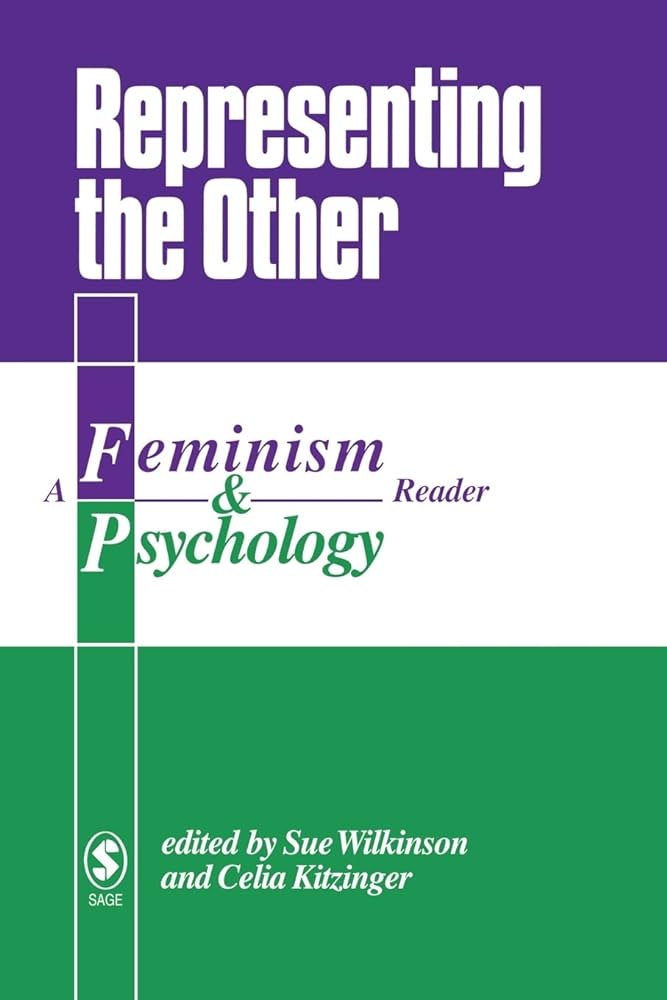He kākano ahau – identity, Indigeneity and wellbeing for young Māori (Indigenous) men in Aotearoa/New Zealand
IF 1.9
3区 心理学
Q2 PSYCHOLOGY, MULTIDISCIPLINARY
引用次数: 5
Abstract
This article examines how dominant Eurocentric approaches to mental health are unable to address the diverse needs of young Māori men in Aotearoa/New Zealand. Drawing on current health inequities facing Māori and young Māori men in particular, this commentary explores how colonisation has impacted young Māori men in negative ways. Through shaping current health structures in Aotearoa/New Zealand, dominant Eurocentric approaches foreground individualised conceptualisations of Māori ill-health, and then apply predominantly Western therapies to resolve this. These approaches are ill-equipped to address the intergenerational and structural issues which are at the root of mental health disparities for young Māori men. This article adds to a growing body of Indigenous psychology literature that speaks to the inadequacies within (mental) health systems for addressing the ongoing challenges that Māori experience due to colonisation. It further highlights how the intersections among ethnicity/race, class, age and masculinity for Māori men are shaped by colonial discourses. These inadequacies reflect a broader issue of the constraints placed on Māori self-determination by the colonial systems of power in Aotearoa/New Zealand. The article closes by proposing some alternative approaches to supporting Māori wellbeing that centre the needs and aspirations of Māori.他kākano ahau -身份,土著和福祉的年轻Māori(土著)男子在奥特罗亚/新西兰
本文探讨了以欧洲为中心的主要心理健康方法如何无法解决新西兰奥特罗阿Māori年轻男性的各种需求。根据目前Māori和年轻Māori男性面临的卫生不平等现象,本评论探讨了殖民化如何以消极方式影响年轻Māori男性。通过塑造奥特罗阿/新西兰当前的健康结构,以欧洲为中心的主流方法突出了Māori不健康的个体化概念,然后主要应用西方疗法来解决这个问题。这些方法不足以解决代际和结构性问题,而这些问题正是年轻Māori男子心理健康差异的根源。这篇文章加入了越来越多的土著心理学文献,这些文献讲述了(精神)卫生系统在解决Māori因殖民而面临的持续挑战方面的不足。它进一步强调了种族/种族、阶级、年龄和男子气概之间的交集是如何被殖民话语塑造的。这些不足之处反映了一个更广泛的问题,即奥特阿瓦/新西兰的殖民权力制度对Māori自决的限制。文章最后提出了一些支持Māori福祉的替代方法,这些方法以Māori的需求和愿望为中心。
本文章由计算机程序翻译,如有差异,请以英文原文为准。
求助全文
约1分钟内获得全文
求助全文
来源期刊

Feminism & Psychology
Multiple-
CiteScore
3.30
自引率
11.10%
发文量
51
期刊介绍:
Feminism & Psychology provides a forum for debate at the interface between feminism and psychology. The journal"s principal aim is to foster the development of feminist theory and practice in – and beyond – psychology. It publishes high-quality original research, theoretical articles, and commentaries. We are interested in pieces that provide insights into the gendered reality of everyday lives, especially in relation to women and girls, as well as pieces that address broader theoretical issues. Feminism & Psychology seeks to publish work from scholars, researchers, activists and practitioners at all stages of their careers who share a feminist analysis of the overlapping domains of gender and psychology.
 求助内容:
求助内容: 应助结果提醒方式:
应助结果提醒方式:


